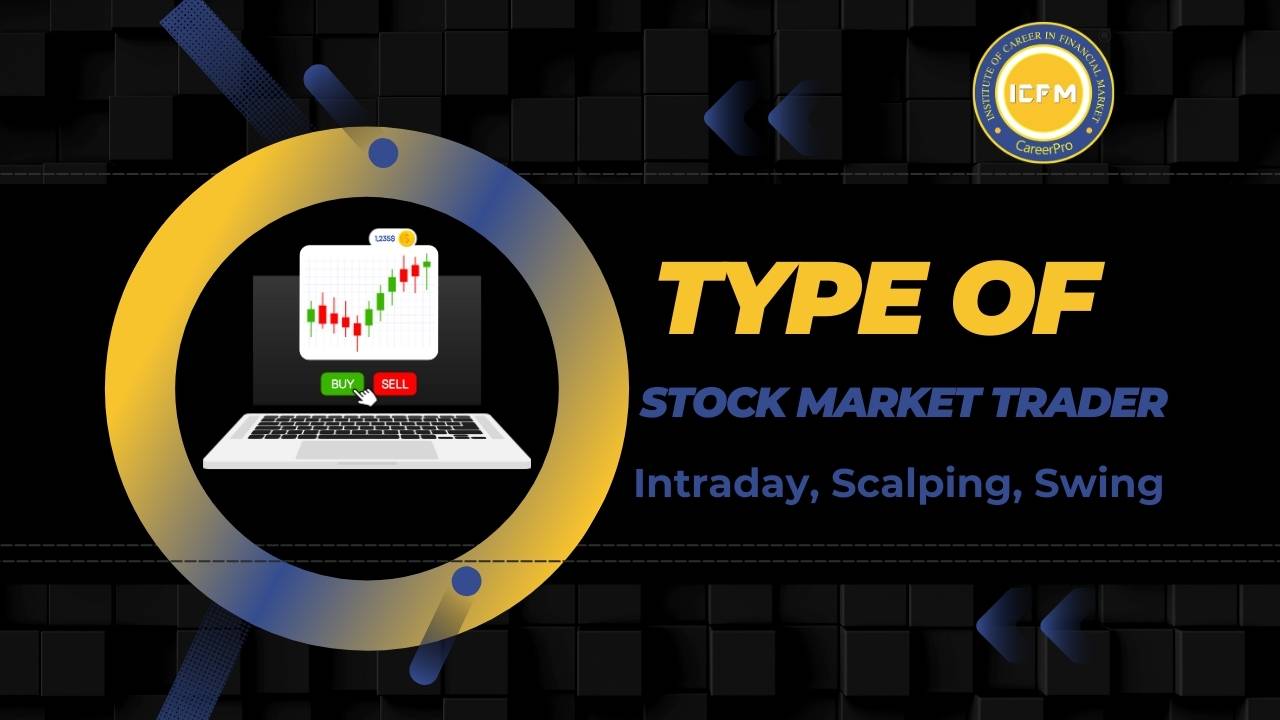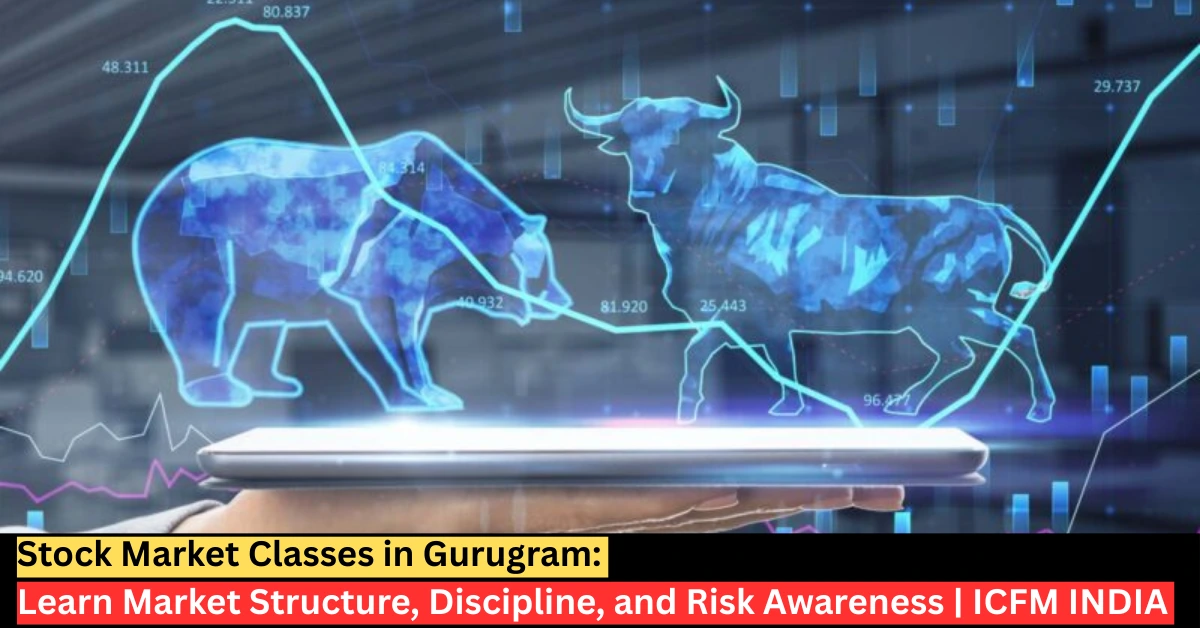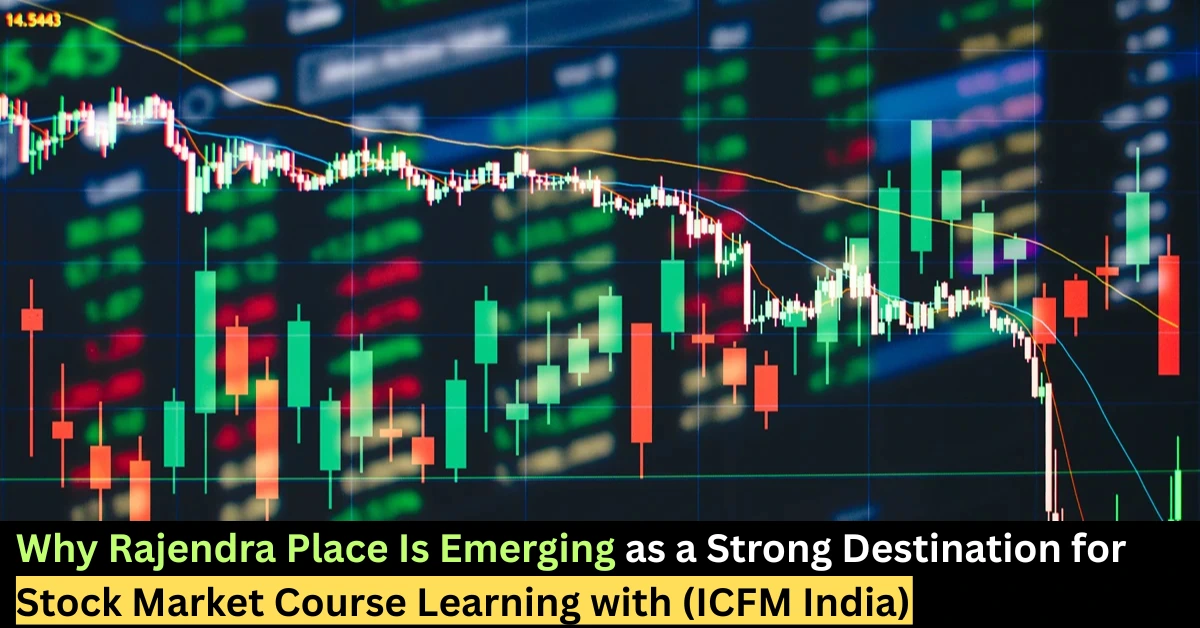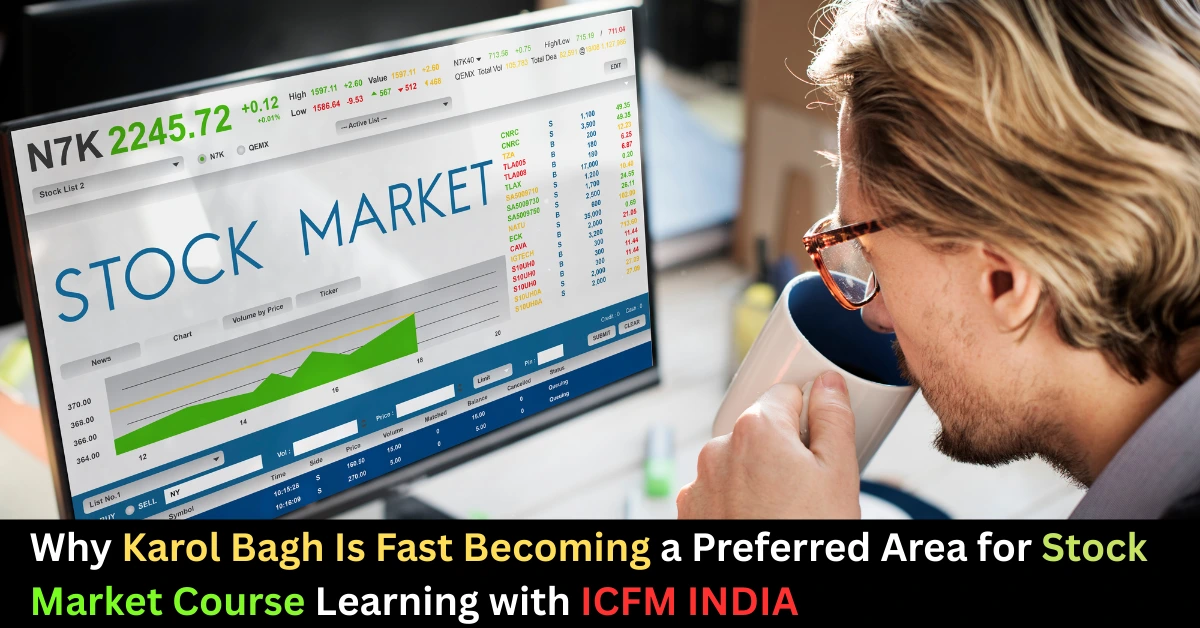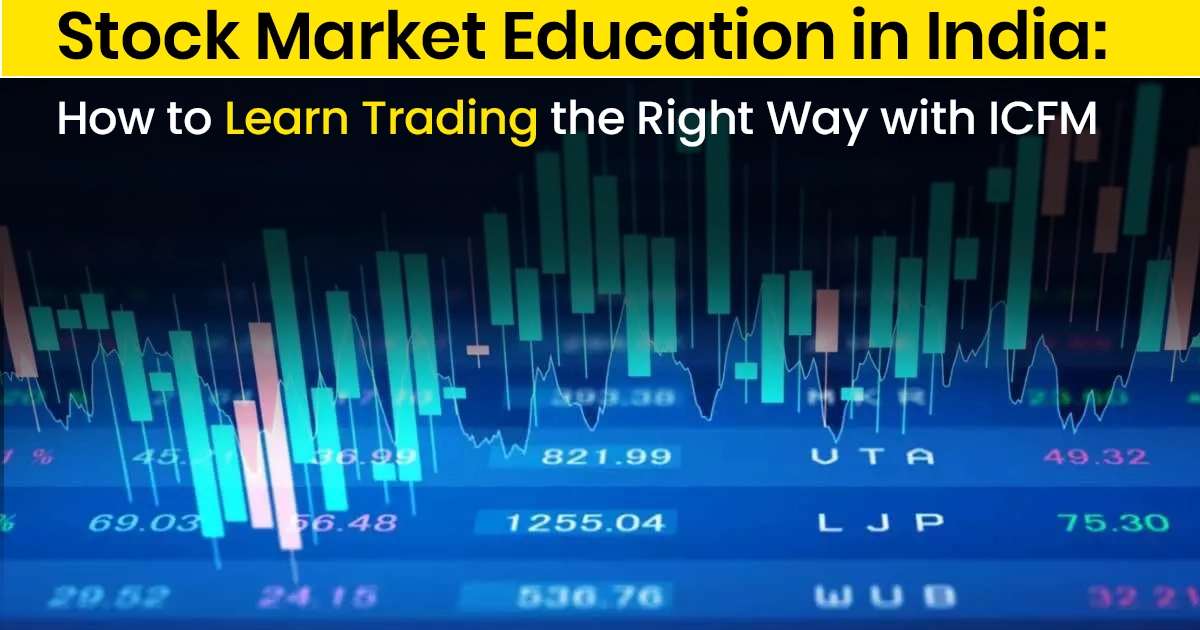Type of stock market traders
Welcome to the dynamic world of trading, where every move counts and every decision holds the potential for profit or loss. In this comprehensive guide, we will explore the nuances that set apart three popular trading strategies: Intraday Trading, Scalping, and Swing Trading.
Swing trading, Day trading, Position trading, Scalping, Momentum trading, Fundamental trading, Intraday trading, Buy and hold trader, Trader, Currency, Floor Trader, Candlestick trading, Commodity Manager, Investing, Market timer
Intraday trading, commonly known as day trading, involves the swift buying and selling of stocks within a single trading day. This practice is seamlessly executed through online trading platforms. To engage in intraday trading, individuals need to explicitly indicate their intent by selecting 'intraday' on the platform's portal. This distinction allows users to both buy and sell the same number of stocks for a specific company before the day's market closure, aiming to capitalize on market index movements. Consequently, this style of trading is often interchangeably referred to as day trading.
While long-term investors typically benefit from the stock market's overall upward trajectory, intraday trading provides a unique avenue for short-term profit generation. Consider a scenario where a stock opens at Rs. 500 in the morning and quickly ascends to Rs. 550 within a couple of hours. If an individual were to purchase 1,000 stocks in the morning and sell them at Rs. 550, an impressive profit of Rs. 50,000 could be realized – all within a few hours, exemplifying the essence of intraday trading.
In the realm of online trading platforms, users must explicitly specify if an order pertains to intraday trading. In such instances, traders assume a position on a stock and are required to close it within the trading hours of the same day. Failing to do so prompts an automatic square-off at the market's closing price. Notably, participants in intraday trading don't acquire ownership of the stocks they transact. The primary objective here is not ownership but profit generation, leveraging the dynamic price movements throughout the trading day.
For those new to the intricate world of stock market trading, understanding the various styles is crucial. Selecting a trading style aligned with one's risk tolerance, financial goals, and time commitment is essential. Scalping, a strategy where traders undertake multiple small deals in a single day to garner profits, is an intriguing choice for those with patience and ample knowledge. The following sections will delve into essential details about scalping trading.
Scalpers are traders who actively engage in scalp trading, a style focused on earning profits from small price fluctuations. Despite dealing in small quantities, the cumulative effect of these minor profits can lead to substantial gains. However, scalping demands high discipline, stamina, and quick decision-making. An effective exit strategy is crucial for scalpers, as a significant loss can wipe out the day's small profits. While thrilling for new traders, consistent success in scalping requires experience to execute different techniques and identify opportune market moments.
Executing a successful scalping trading strategy hinges on identifying highly liquid assets with the potential for frequent price changes throughout the day. Liquidity is paramount, ensuring optimal prices during market entry and exit. Scalper traders may employ various strategies, such as position trading based on fundamental and technical analysis, or exclusively technical trading techniques. The core of scalping involves analyzing past price movements and staying attuned to an asset's current trends. Scalpers keenly observe patterns and predict future price movements to plan their trades effectively. Utilizing short time frames is a hallmark of scalping trading. While a day trader might use a five-minute chart for five daily deals, a scalper might opt for frames as short as five seconds, making numerous trades—ranging from ten to a hundred—in a single day. This nimble approach to trading demands acute market awareness and a mastery of technical analysis.
Swing trading is a strategic approach to trading that involves holding positions over multiple days or weeks, contingent on the prevailing market trend. Traders leverage technical analysis to identify patterns and market movements, influencing their buying or selling decisions based on perceived price trends in specific stocks or assets. Swing traders meticulously seek swing highs and swing lows to discern market trends, aiming to execute trades with a favorable risk-return ratio and capitalize on market volatility. This trading style combines chart patterns, market sentiment, and technical indicators to gauge and predict price movements.
Swing trading indicators serve as essential technical tools for traders in analyzing and forecasting potential price swings in financial markets, including stocks, forex, or commodities. These indicators play a pivotal role for swing traders, who seek to capitalize on short to medium-term price movements within a trend. By helping identify entry and exit points, swing trading indicators empower traders to make more informed and strategic decisions.
Swing traders employ technical analysis to pinpoint stocks poised for substantial near-term moves. Upon identifying such a stock, traders often enter the market at the swing low point, anticipating a subsequent upward price movement. Once the stock reaches its swing high, traders typically sell their positions, securing gains from the trade. Alternatively, if the stock shows signs of decline, traders may choose to sell their positions early to limit potential losses. In essence, swing trading operates on the principle of capturing short to medium-term market movements, allowing traders to benefit from both upward and downward trends. By strategically navigating entry and exit points based on technical analysis, swing traders aim to optimize their profits and minimize potential losses in the dynamic financial markets.
In conclusion, understanding the difference between intraday, scalping, and swing trading is vital for any aspiring trader. Each strategy has its merits and challenges, catering to individuals with varying risk appetites and time commitments. By grasping the intricacies of these trading styles, you can embark on a more informed and confident trading journey.
* Super Share Samrat - SSS Stock Market Course Super Share Samart (SSS) is a first-of-its-kind trading course from India's leading institute in the field of Financial markets. The course offers a practical hands-on learning opportunity for all would-be stock market investors and traders.
* Certified Pro Trader (CPT) - CPT Stock Market Course Certified Pro Trader is a program which grooms you into a Professional Trader. This program is designed particularly for people who want to take Professional Stock Trading as a career. Professional Trading has changed.
* Certified Trader In International Market (CTIM) - ICFM delivers comprehensive Trading In International Markets training. By tie-ups with overseas brokers, ICFM gives you training in Trading in US Markets: NYSE & NASDAQ, European Markets: LSE UK & XETRA Germany.
* Certified ALGO Trader (CAT) - ALGO Trading is the latest and most advanced "Trading Methodology". ALGO Traders are minting money as they can execute multiple trades simultaneously, which is impossible in manual trading.
Comments


